1. Eating Garlic to Ward Off Evil
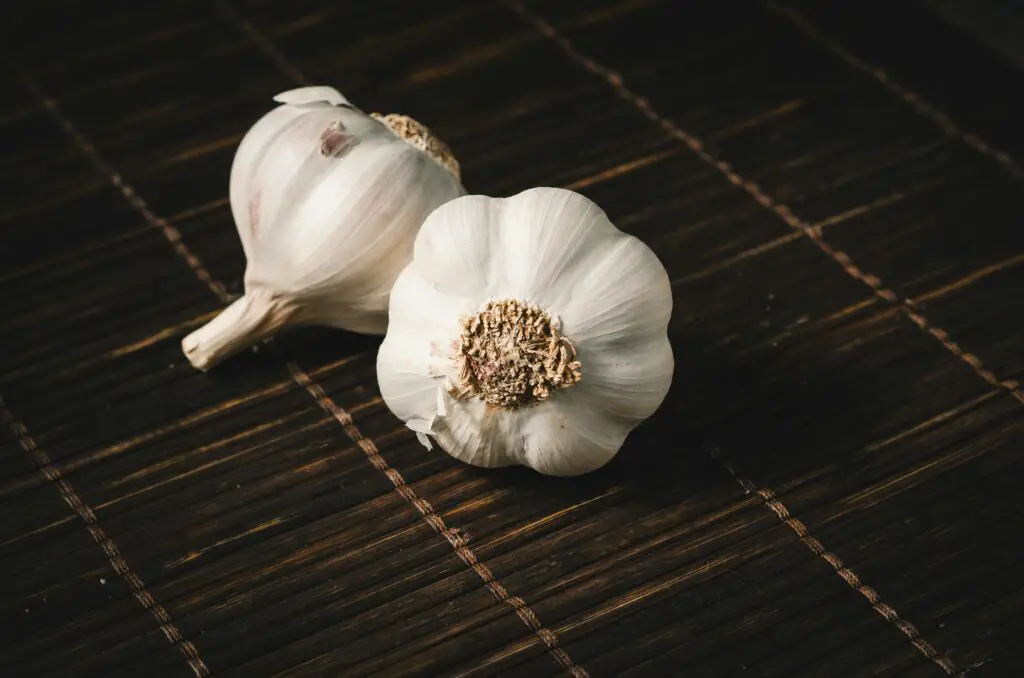
For centuries, people believed garlic had supernatural powers. Ancient Egyptians were convinced that garlic could protect them from evil spirits, and they even buried cloves with their dead to ensure their safety in the afterlife. The Greeks and Romans held similar beliefs, often using garlic as a protective talisman. This belief was so strong that soldiers ate garlic before battles to boost courage and repel harmful influences.
In medieval Europe, garlic became synonymous with protection, especially from vampires. The idea that it could keep the undead at bay was widespread, and garlic was often hung in windows or placed around the neck as a form of spiritual armor. This belief about garlic’s mystical qualities not only shaped health practices but also influenced folklore and rituals across the Western world.
2. The Power of Rice in Ancient Asia
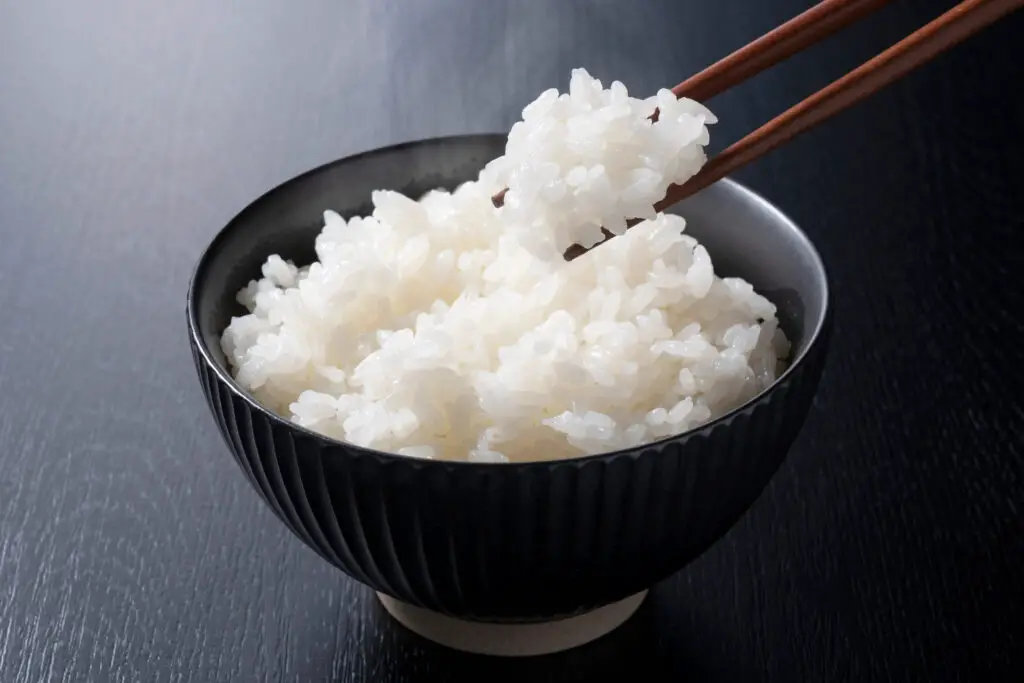
Rice has been the cornerstone of many Asian civilizations, and its cultural significance goes beyond just sustenance. In ancient Japan, rice was considered a gift from the gods, and people believed it held the key to prosperity. The act of offering rice to deities was common, as it was thought that the grain held a divine essence that ensured agricultural success and good fortune.
In other parts of Asia, rice was so revered that it became a symbol of life itself. For instance, in China, rice was sometimes used as currency and was even believed to carry the spirits of ancestors. Such beliefs shaped farming techniques, cultural practices, and even social hierarchies, as those who controlled rice production held great power and respect.
3. The Superstition of Black Cats and Milk

In medieval Europe, milk was often associated with witchcraft and the supernatural. It was believed that black cats, being linked to witches, would often steal milk from homes during the night. In some cultures, it was said that if a cat drank milk, it would spoil or become bewitched, and families would avoid leaving milk out in case a cat visited.
This superstition influenced food practices, as people began to place restrictions on milk consumption. The belief that milk could be tainted by these supernatural forces also led to an increased reverence for milk as a valuable resource, as its purity was seen as essential for good health. Such beliefs shaped how milk was stored, consumed, and protected in households for generations.
4. Honey as the Elixir of Life
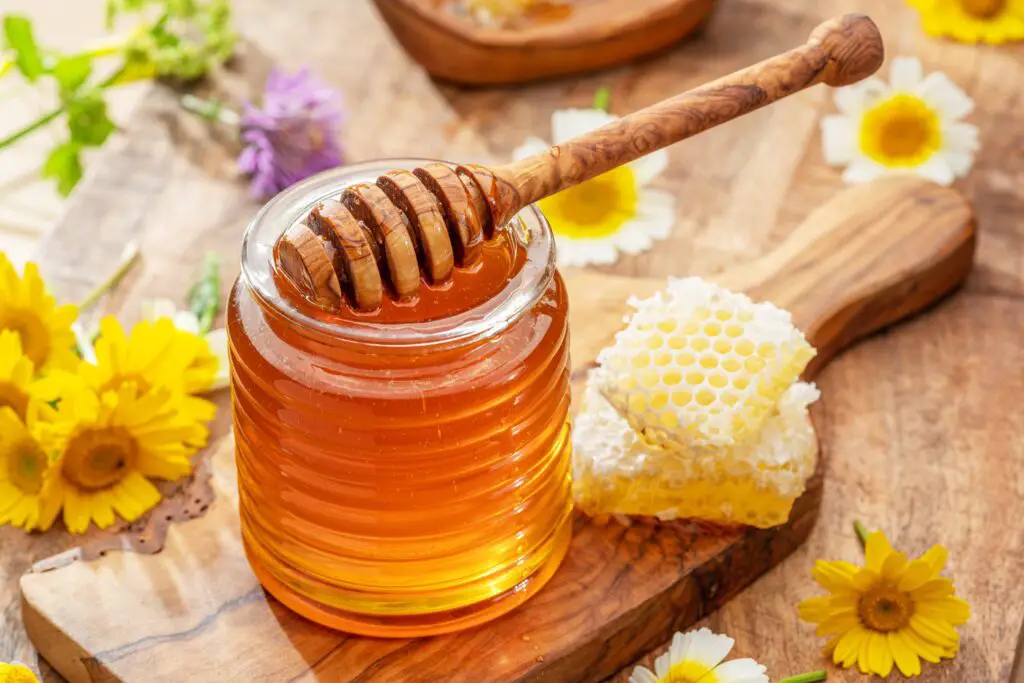
Ancient civilizations, including the Egyptians and the Greeks, revered honey not only for its sweetness but for its perceived health benefits and magical properties. It was believed that honey could prolong life and cure ailments, and it was often used in embalming practices to preserve the dead. Egyptians, in particular, viewed honey as a divine gift from the gods, linking it to fertility and prosperity.
Honey was also associated with love and immortality in many cultures. In ancient Greece, honey was considered an offering to the gods, and it was believed to have the power to heal wounds and restore vitality. This belief in honey’s restorative qualities influenced medical treatments and spiritual practices, making it a central ingredient in rituals and healing practices.
5. The Myth of the “Fattening” Bread
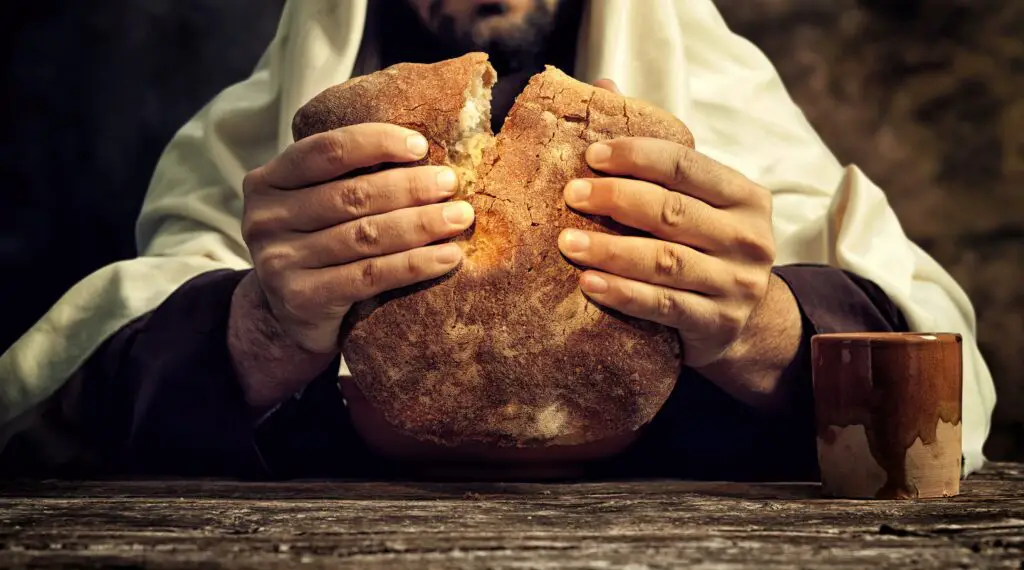
Throughout European history, bread has had a curious reputation. In many societies, it was believed that bread was the primary cause of obesity, leading to widespread fears that eating too much bread would result in excessive weight gain. This belief was particularly prevalent in medieval Europe, where the wealthy were often portrayed as indulgent for their heavy bread consumption.
Ironically, the same bread was also seen as a symbol of status. For the poor, bread was a staple of survival, and its role in society was complex. While some viewed it as a source of comfort, others feared it as the cause of unhealthy living, which affected diets and social attitudes toward food in significant ways.
6. The Healing Powers of Bone Broth
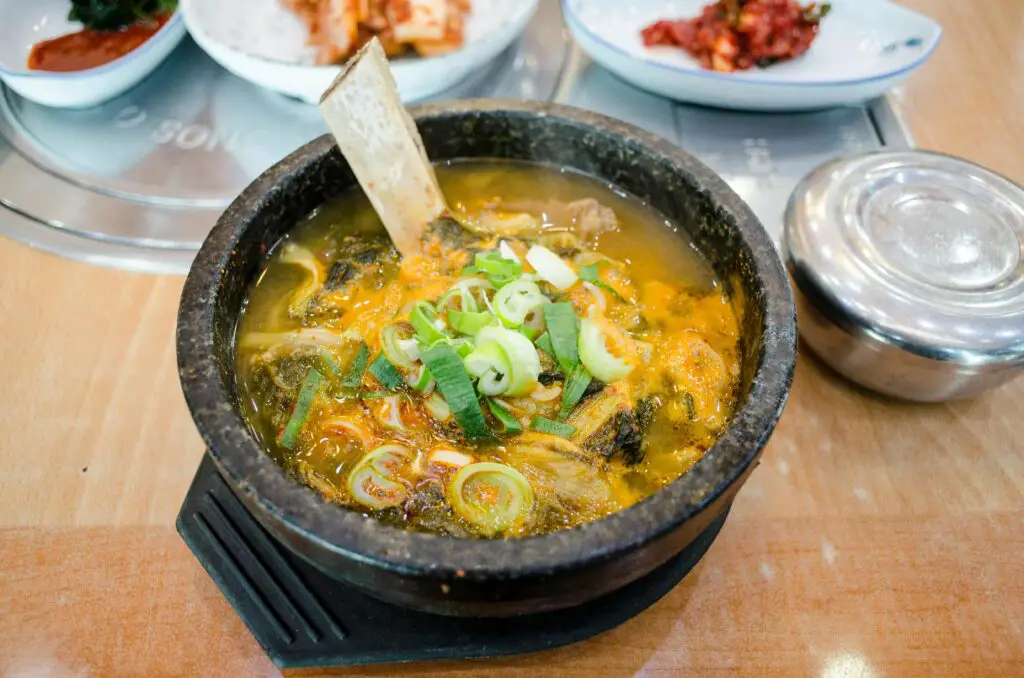
In ancient cultures across the world, bone broth was believed to have healing powers. The Greeks and Romans considered it a vital source of nourishment, especially for the sick and elderly. It was commonly used as a remedy for digestive issues and thought to strengthen the bones, ensuring a long life full of vitality.
This belief in bone broth’s medicinal properties persisted for centuries, influencing diet and nutrition. In medieval Europe, it was also believed to have restorative effects, often prescribed for those recovering from illness or physical strain. This tradition continued into modern times, as many cultures still value bone broth for its supposed health benefits, shaping culinary traditions across the globe.
7. Spices as Medicine in the Middle Ages
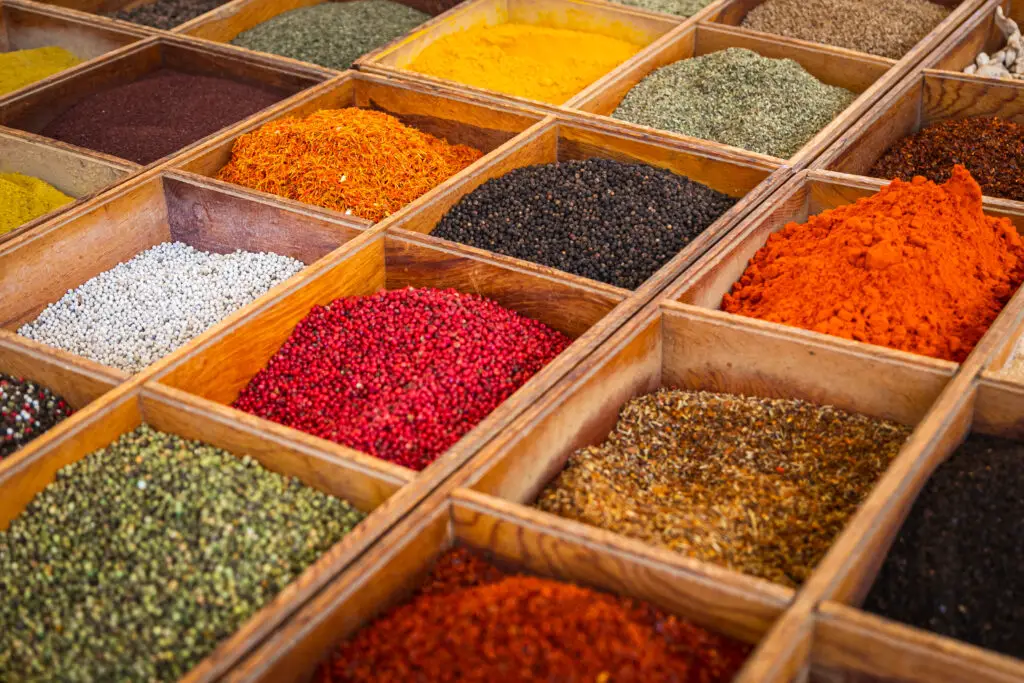
During the Middle Ages, spices were often considered magical and medicinal, more so than mere flavor enhancers. It was commonly believed that spices like cinnamon, cloves, and ginger could ward off disease and even improve one’s mood. These beliefs led to an increased demand for exotic spices from the East, which became integral not only to cooking but to health practices.
In fact, the trade of spices in the Middle Ages was so lucrative that it played a significant role in shaping global exploration. The idea that spices could prevent illness, particularly during times of plague, made them highly sought after. Their perceived healing properties influenced food preservation techniques and medical treatments throughout the medieval world.
8. The Mystical Nature of Salt
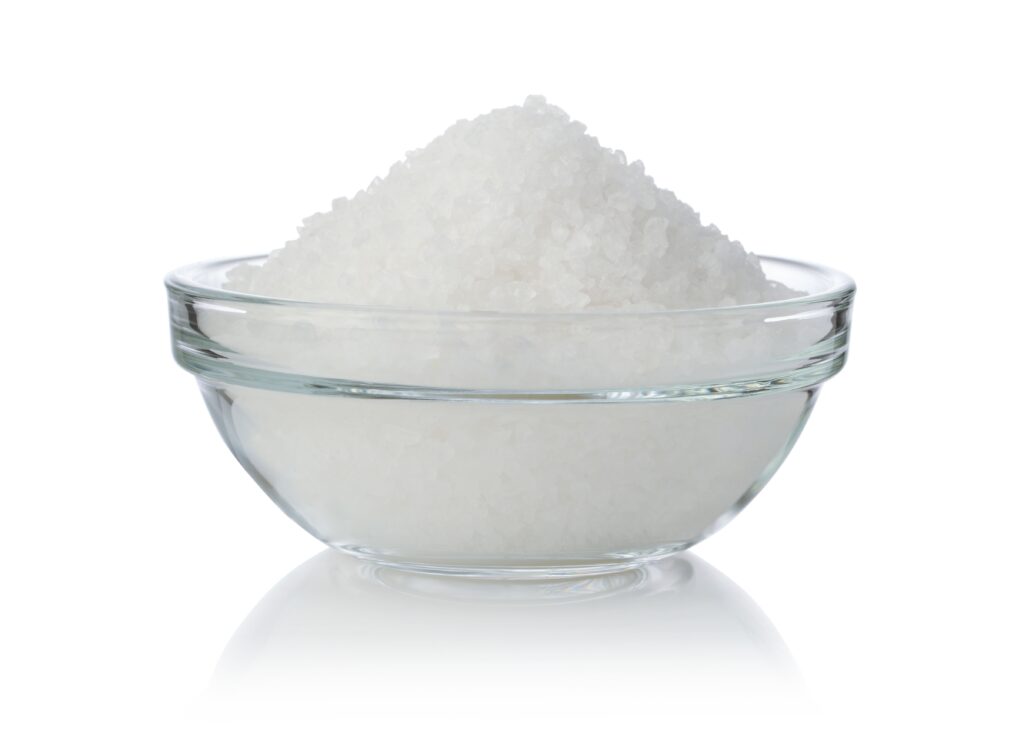
Salt has been considered a mystical substance for thousands of years. In ancient cultures, it was believed that salt had the power to purify and protect against evil. The Egyptians used salt in their embalming processes, and Roman soldiers were often paid in salt, signifying its value and importance.
In Europe, spilling salt was thought to bring bad luck, leading to the practice of throwing a pinch of the spilled salt over one’s left shoulder to counteract the misfortune. This belief, along with salt’s role in food preservation, made it not only a culinary necessity but also a symbol of protection and purification. Such superstitions played a significant role in shaping the cultural significance of salt across civilizations.
